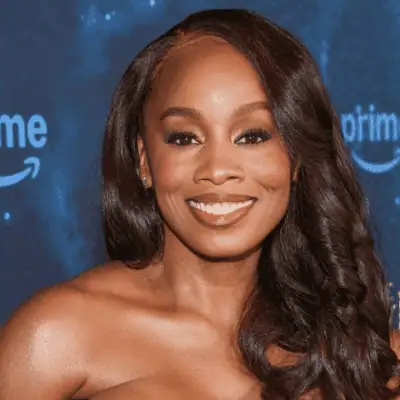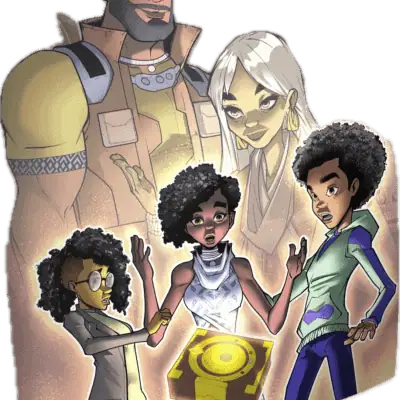
In his new FX sitcom, comedy veteran Tracy Morgan shares the screen with rising star Tiffany Haddish in a sitcom about a formerly-incarcerated man and his reacquaintance with the newly gentrified Brooklyn. As Morgan deals with the shock of seeing that both his hometown and his former relationship has been colonized by the whites, he attempts to learn how to navigate the once familiar. After a few mishaps and the reality that he is not going to win back the love of his old girlfriend, Shay (Haddish), his discovery that he is the father to twin teenagers acts as a beacon of hope.
This destruction of a culture from the invasion of another, otherwise known as gentrification, is a relevant topic ripe for nuanced exploration. This whitewashed Brooklyn juxtaposed against the complex characters offers layers of ironic humor. Tray, played by Morgan, is a dude who happens to sell drugs for a living, not a guy whose totality of being is summed up by his illegal profession. He is an avid fan of American Idol, loves his girlfriend and openly communicates that to her, and he enjoys cooking. In fact, in that same refreshing tone, we watch time fast forward and see Tray being released from prison where he has become quite popular, not for the reasons one may superficially think. He is known for his cooking skills and even bequeaths his recipe for Prison Pad Thai to his cellmate before stepping into freedom.
But a lot happened while Tray served out his 15 year sentence. During his imprisonment, Shay seems to have carved out a fulfilling life for herself complete with a meaningful career, supportive white husband, and two children. Shay is symbolic of the codeswitching performed by many a black person in order to succeed. After Tray’s arrest, Shay has transformed into Shannon. However, as evident in her interaction with Tray, she understands the multiplicity of her identity and she is aware of her roots. Another carefully complex character is Bobby, played by Allen Maldonaldo. His character represents the generation that was still young as the neighborhood switched. In his attempt to help Tray woo back Shay, he rolls up to the venue of her fundraiser blasting the perfect song to win her back, “Since You’ve Been Gone” by Kelly Clarkson, the winner of the first season of American Idol, despite Tray’s prediction that Justin Guarini was going to win. The show’s inclusion of Moldando, combined with the idea of navigating the colliding worlds, lends itself to a comparison between the series and Black-ish. What makes The Last O.G. different is that it doesn’t try to make sense of the situations at hand or come to a neat conclusion. It exists as it is.
This episode delightfully dissects and pokes fun at stereotypes while also belying expectations.
A newly released and completely reformed Tray is determined to mentor the troubled youth of his neighborhood to help them avoid making the same mistakes. But he unrealistically assumes that life has stood still while he sat behind bars. This ironic tone carries throughout the episode and hopefully it will continue throughout the season. The Last O.G. integrates a lot of different themes in a way that feels real. And when it teeters along the edge, the show makes fun of itself. In short, the pilot seems promising and I look forward to watching it unfold.






